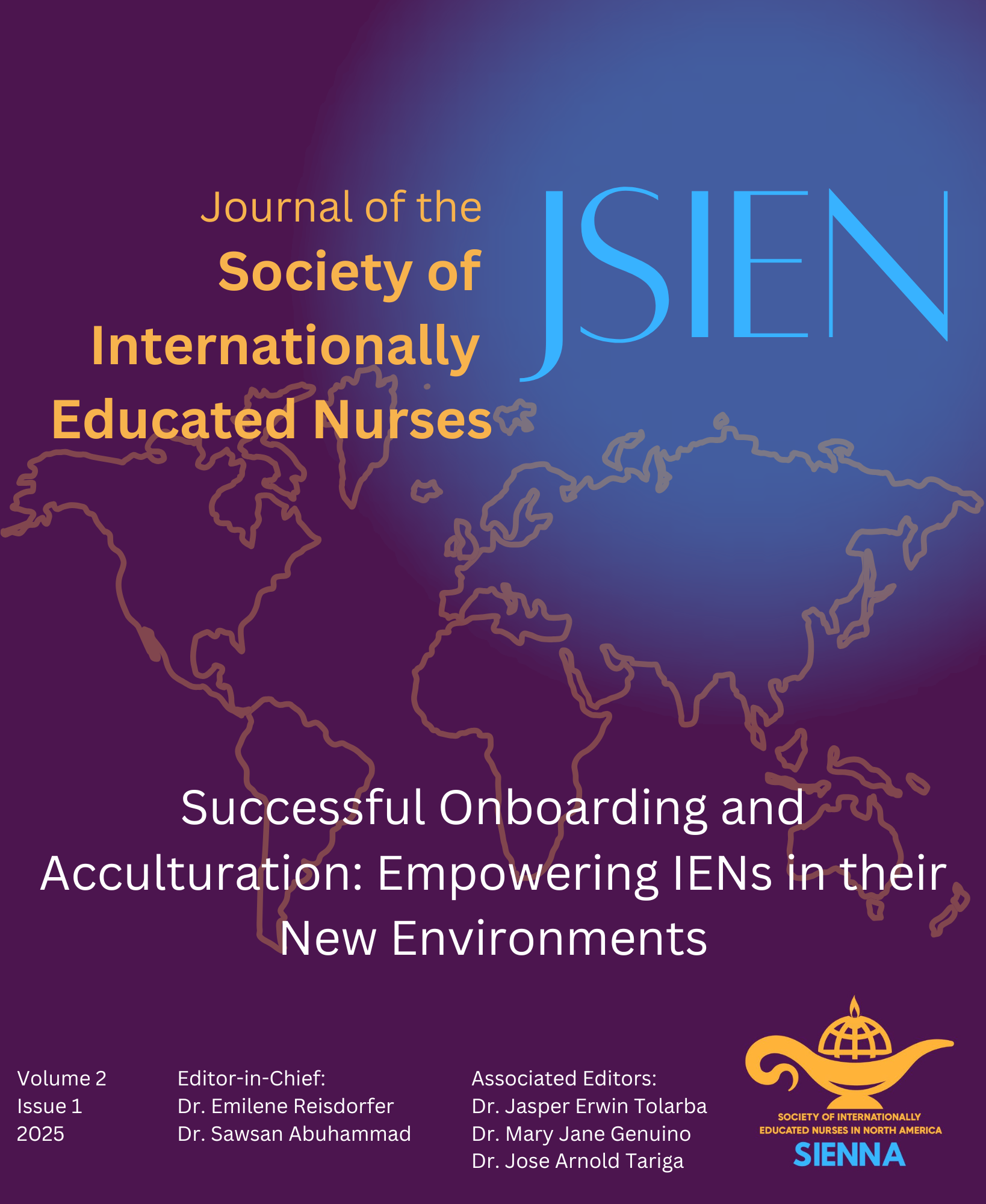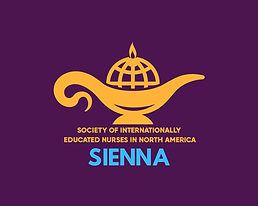Supporting Internationally Educated Nurses Through Effective Preceptorship: A Canadian Perspective
DOI:
https://doi.org/10.31542/y4tw3g36Keywords:
Canada, Integration, Internationally Educated Nurses, PreceptorshipAbstract
Background: Canada's healthcare system has historically relied on internationally educated nurses (IENs) to address persistent nursing shortages. In 2022, IENs comprised 64% of the net increase in registered nurse supply, with 23,256 internationally educated registered nurses representing 10.2% of the total Canadian RN workforce.
Purpose: This manuscript examines the historical contributions of IENs to Canadian healthcare, analyzes contemporary integration challenges, and presents evidence-based strategies for developing effective preceptorship programs to support IEN workplace integration and retention.
Methods: A literature review was conducted examining international and Canadian research on IEN experiences, integration challenges, and preceptorship models, supplemented by historical analysis of IEN contributions to Canadian nursing from colonial times to 2024.
Key Findings: IENs face multifaceted integration challenges including language and communication barriers, unfamiliarity with Canadian workplace culture and professional practice standards, experiences of racism and discrimination, and various personal and systemic obstacles. Effective preceptorship requires comprehensive, culturally responsive approaches that extend beyond traditional orientation programs designed for domestically educated nurses.
Conclusions: Successful IEN integration demands coordinated efforts from clinical educators, employers, educational institutions, and policymakers to develop evidence-informed preceptorship programs. These programs must address clinical competencies while incorporating cultural humility, extended mentorship, organizational support, and systemic inclusion strategies. Investment in comprehensive preceptorship is essential for maximizing IEN contributions to Canadian healthcare while promoting retention and quality patient care.
References
Downloads
Published
Issue
Section
License
Copyright (c) 2025 Journal of the Society of Internationally Educated Nurses

This work is licensed under a Creative Commons Attribution-NonCommercial 4.0 International License.


